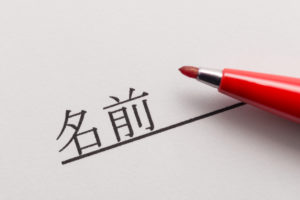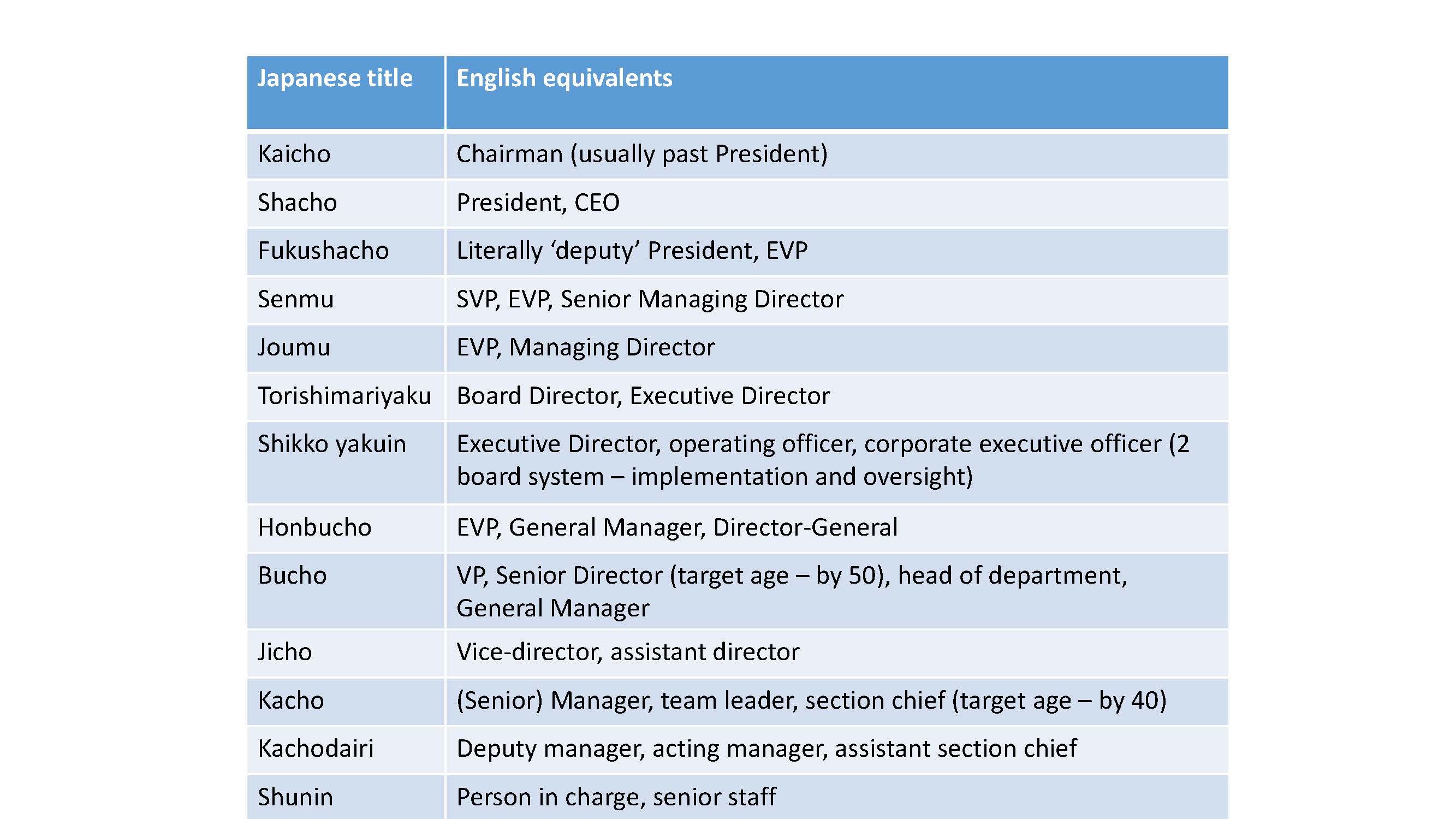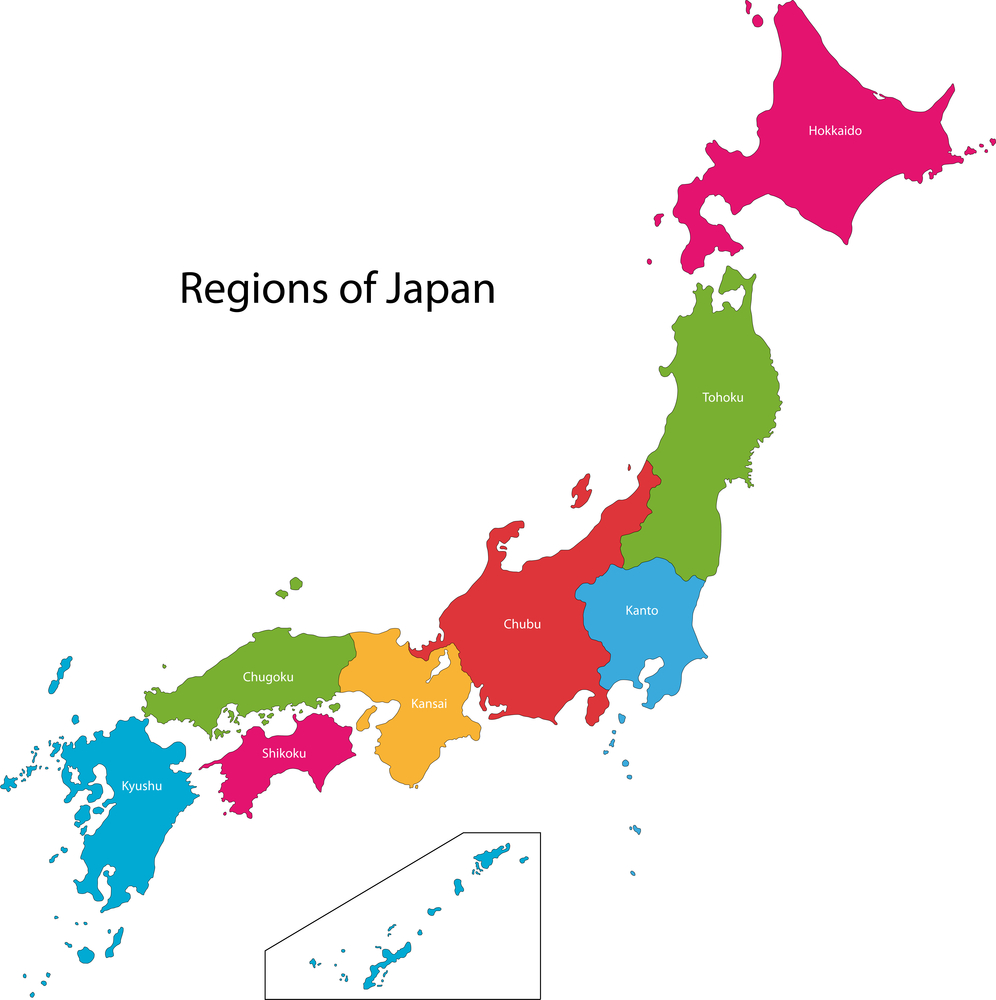Japan’s lost three decades – what are the causes?
The 1990s were called the Lost Decade in Japan, and then as the economy seemed to stagnate in the 2000s, it became the Lost Two Decades. Now the Nikkei Business in a recent special series seems to be saying it has been a lost three decades. Turnover and profitability were growing through to around 1990 when the economic bubble burst. Then profits fell – although since 2010 they have been growing again. The total revenues of Japanese companies (excluding financial services) has been static, with only a small bump upwards around 2005-2008.
Nikkei Business says the lack of growth in turnover is the key problem. Even sales overseas, which were meant to be the growth driver, have not shown much of an upward trend. According to Nikkei Business the root causes of this lack of growth are:
- low investment (1991 capital investment as a percentage of cashflow was 133%, compared to 82.2% in 2018)
- low wages (106.5 in 1990 indexed against 100 in 2015, down to 99.6 in 2019)
- low efficiency (return on assets was 4.3% in 1990, down to 3.8% in 2018)
It cites Panasonic as an example of #1. Every time profits rose, Panasonic increased its investment, but every time profits shrank, it cut investment back, since 2001. As for #2, Nikkei Business lists all the major restructurings since 1999 with major Japanese companies, which makes for sobering reading for a country famed for lifetime employment:
- 1999 – Nissan plan to cut 21,000 from its workforce, closing 5 factories
- 2008 – Sony announced it would reduced its electronics workforce by 16,000
- 2009 – Panasonic announced it would cut 15,000 people and 27 factories. Pioneer axed 10,000 jobs.
- 2010 – All Nippon Airways proposed reducing its workforce by 16,000 as part of its revival plan
- 2011 – Ricoh announced a mid term plan aiming at reducing its workforce by 10,000
- 2012 – NEC announced a workforce reduction programme of 10,000 job cuts
- 2013 – Fujitsu announced it that by axing its semi-conductor business, it would remove 5,000 jobs.
- 2015 – Toshiba announce it would erduce its workforce by 15,0000
- 2017 – Mizuho Financial Group announced an administrative work reduction programme targetting 19,000 roles.
- 2019 – Nissan restructuring to impact 12,500 personnel
The low efficiency seems to be in the service sector, where there has been a lack of economies of scale. The number of Japanese companies with turnover of over Y100bn/$1bn doubled from around 40 to 80 from 1980 to 1991, but has not risen much since – apart from a blip in 2008 – after the birth of Japan Post, and is still heavily manufacturing oriented.
I will cover the analysis and suggestions from the rest of series for how Japan can “wake up” in my next blog posts.
For more content like this, subscribe to the free Rudlin Consulting Newsletter. 最新の在欧日系企業の状況については無料の月刊Rudlin Consulting ニューズレターにご登録ください。
Read More
 UK is the birthplace of innovation and will not sink, despite Brexit,
UK is the birthplace of innovation and will not sink, despite Brexit, rudlin
rudlin rudlinconsulting
rudlinconsulting

